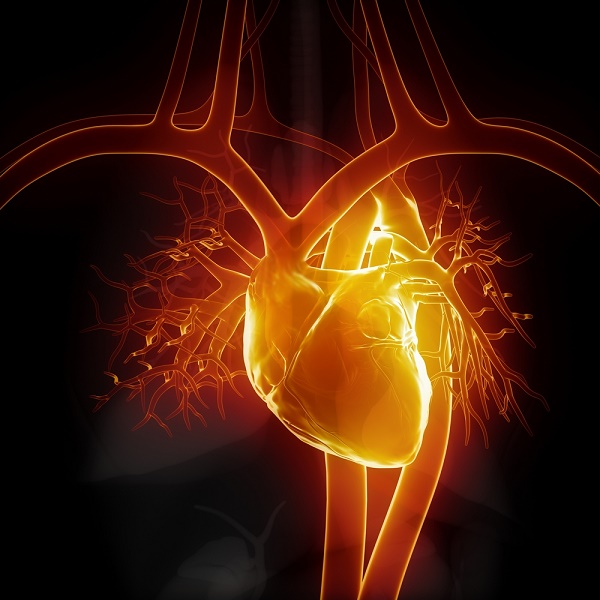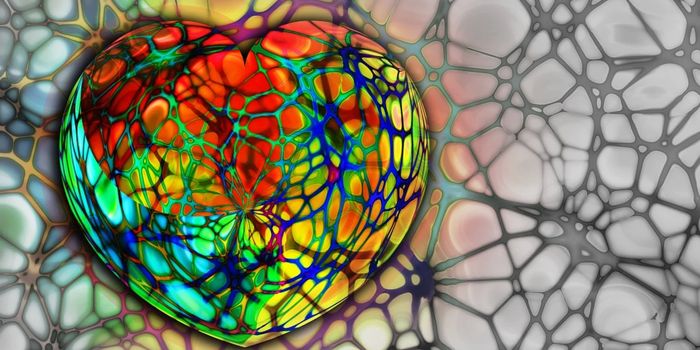The risk of heart attack has been found to be 8.5 times higher in the two hours following an acute episode of anger than during the "usual frequency" patterns of anger. The findings emerged from a well controlled study in which acute coronary blockage was angiographically confirmed in patients hospitalized for suspected heart attack. This elevated state of anger or anxiety preceding the myocardial infarction (MI, heart attack) was also found to be significantly higher than at the same time the preceding day.
A report of the study is published today in the European Heart Journal: Acute Cardiovascular Care, a journal of the European Society of Cardiology.

"While the absolute risk of any one anger episode triggering a heart attack is low, our data demonstrates that the danger is real and still there," says Thomas Buckley, MD, senior lecturer and researcher, University of Sydney and Royal North Shore Hospital, Sydney. He says the increased risk of MI following intense anger or anxiety is "most likely the result of increased heart rate and blood pressure, tightening of blood vessels, and increased clotting, all associated with triggering of heart attacks."
The study appears to confirm what has been suggested in earlier studies and indeed by anecdotal experience, that anger can act as a trigger for MI, and thus highlights a need, say the authors, "to consider strategies to protect individuals most at risk during times of acute anger".
The study was an investigation of patients suspected of MI and admitted for primary angioplasty at the Royal North Shore Hospital in Sydney, Australia, between 2006 and 2012, and assessed by coronary angiography. Of 687 patients initially assessed, 313 were confirmed with occluded coronary blood flow by angiography and were enrolled in the study.
Anger, as evident over the 48 hours preceding the onset of symptoms, was self-assessed by questionnaire according to a seven-point scale, with 1 defined as "calm," and 7 as "enraged, out of control, throwing objects, hurting yourself or others." For study purposes, the threshold of acute anger was defined by level 5 - "very angry, body tense, maybe fists clenched, ready to burst."
Statistical associations with lower levels of anger, or anger occurring more than two hours before symptom onset did not reach statistical significance. However, high levels of anxiety (greater than the 90th percentile on a validated anxiety scale) were associated with a 9.5-fold increased risk of triggering MI in the two hours after the anxiety episode when compared with anxiety levels the previous day.
The investigators suggest that findings such as these coincide with an "increased acceptance of the role of psychological factors, both acute and chronic, in the onset of acute MI, sudden cardiac death and stroke" and "are consistent with previous reports in other populations." Unlike most other studies, however, this study could confirm angiographically that the subjects had indeed suffered an MI, and thus "adds to the small, but growing, body of evidence linking acute emotional triggers with onset of MI."
Among the events reported to have prompted the subjects' anger-triggered MI were arguments with family members, argument with others, work anger, and driving anger. Other studies have found arguments with family members and conflicts at work the most frequent contributors.
[Source: European Society of Cardiology]









